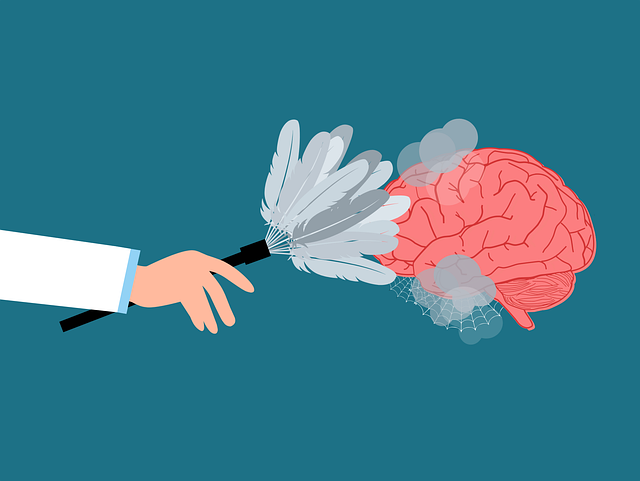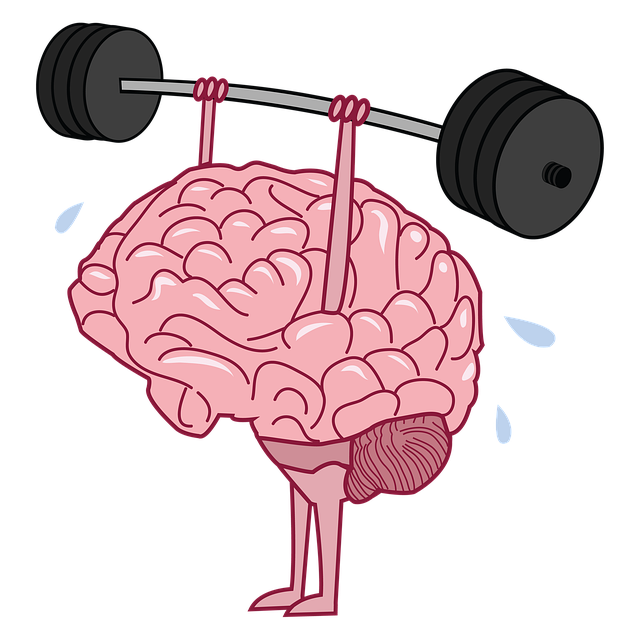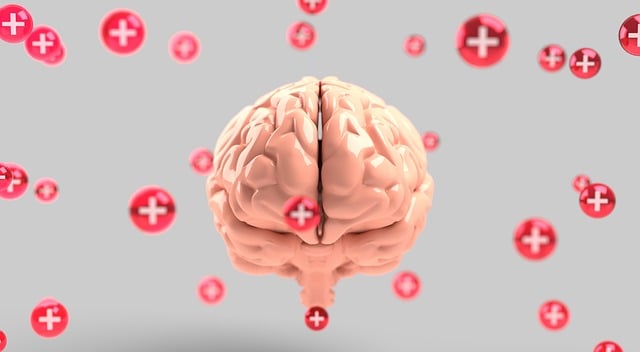Stress, a pervasive response to internal and external pressures, can lead to severe mental health issues if left unchecked. Golden Relationship Issues Therapy (GRIT) emerges as a powerful tool for stress reduction by targeting unresolved relationship issues, improving communication, and fostering emotional resilience. Integrating GRIT with mindfulness practices, such as meditation and deep breathing, cultivates lasting calmness, enhances well-being, and strengthens relationships, ultimately contributing to healthier communities. Organizations dedicated to stress management and mental health advocacy play a vital role in promoting these effective strategies.
Stress reduction is a vital aspect of maintaining optimal mental health, with various methods available to find calm in today’s fast-paced world. This article explores powerful strategies to navigate and manage stress effectively. We delve into the profound impact of understanding stress on our well-being, highlighting the effectiveness of Golden Relationship Issues Therapy as an innovative approach. Additionally, it offers practical techniques for daily management, emphasizing the integration of mindfulness and relaxation practices for long-lasting calmness.
- Understanding Stress and Its Impact on Mental Health
- The Role of Golden Relationship Issues Therapy in Stress Reduction
- Practical Techniques for Daily Stress Management
- Integrating Mindfulness and Relaxation Practices for Long-Lasting Calmness
Understanding Stress and Its Impact on Mental Health

Stress is a complex response to various internal and external factors that can significantly impact mental health. It originates from a range of sources, including work pressures, relationship issues, financial concerns, and even everyday challenges. When left unaddressed, chronic stress can lead to serious mental health conditions such as anxiety, depression, and burnout. Understanding the nature of stress is the first step towards managing it effectively.
The impact of stress on mental health is profound, affecting not just our emotional state but also our cognitive abilities and physical well-being. It disrupts the delicate balance of our minds, often causing heightened emotions, difficulty concentrating, and even physical symptoms like elevated heart rate and muscle tension. For healthcare providers, burnout prevention strategies are essential to maintaining both professional and personal well-being. Compassion cultivation practices have emerged as powerful tools in this regard, fostering emotional resilience and enhancing patient care. By integrating these techniques into their routines, professionals can navigate the challenges of their roles with greater equanimity, ultimately contributing to improved mental health outcomes for themselves and those they serve.
The Role of Golden Relationship Issues Therapy in Stress Reduction

Golden Relationship Issues Therapy (GRIT) is a highly effective approach to stress reduction and mental well-being. By focusing on unresolved issues within personal relationships, GRIT helps individuals gain insights into their emotional patterns and triggers. This therapy facilitates open communication, fostering healthier interactions with others and reducing the negative impact of past experiences. Through GRIT, clients develop coping strategies to navigate interpersonal challenges, leading to improved stress management.
Integrating GRIT into a comprehensive self-care routine can be transformative for those dealing with stress, anxiety, or even depression prevention. It encourages individuals to prioritize their mental health by addressing relationship dynamics that may contribute to their distress. Moreover, risk assessment for mental health professionals plays a crucial role in ensuring safe and effective therapy practices, enabling them to guide clients towards healthier relationships and enhanced overall well-being.
Practical Techniques for Daily Stress Management

In our fast-paced lives, finding effective stress reduction methods is essential for maintaining mental and emotional well-being. One powerful tool that often goes underutilized is therapy, particularly Golden Relationship Issues Therapy (GRIT). GRIT focuses on resolving deep-seated issues within personal relationships, which significantly contributes to overall stress management. By addressing communication challenges, rebuilding trust, and fostering understanding, GRIT can help individuals reclaim their emotional balance in both personal and professional settings.
Practical techniques for daily stress management include mindfulness exercises, regular physical activity, and maintaining a balanced diet. These habits not only enhance mood management but also serve as essential components of a holistic approach to anxiety relief. Additionally, engaging with community outreach programs can provide a supportive network, offering opportunities for social connection and shared experiences that further mitigate the impact of daily stressors.
Integrating Mindfulness and Relaxation Practices for Long-Lasting Calmness

Integrating mindfulness and relaxation practices is a powerful strategy for cultivating long-lasting calmness and managing stress effectively. By incorporating techniques such as meditation, deep breathing exercises, and yoga into daily routines, individuals can foster a deeper sense of mental clarity and emotional balance. These practices not only help in reducing immediate stress but also build resilience against future stressors. Mindfulness encourages individuals to stay present, focusing on the here and now, rather than dwelling on past issues or worrying about the future, which is often at the root of much of our stress.
The benefits of these practices extend beyond improved mental health. Research suggests that mindfulness can positively impact physical health as well, reducing symptoms of anxiety, depression, and even chronic pain. Moreover, integrating mindfulness into one’s life can enhance overall emotional intelligence, enabling better understanding and management of oneself and others. This, in turn, can strengthen relationships, improve communication, and foster a sense of community, all of which are crucial aspects of Golden Relationship Issues Therapy. Stress Management Workshops Organization, Mental Health Policy Analysis and Advocacy can play significant roles in promoting these practices to wider audiences, thereby contributing to healthier, more resilient communities.
Stress reduction is a holistic journey, and by combining insights from mental health professionals with practical techniques, individuals can achieve lasting calmness. As discussed, understanding stress and its impact on mental health is the first step. Golden Relationship Issues Therapy offers a powerful approach to addressing deep-rooted stressors, while daily mindfulness practices ensure ongoing well-being. Integrating these methods allows for effective navigation through life’s challenges, fostering resilience and a sense of inner peace.














